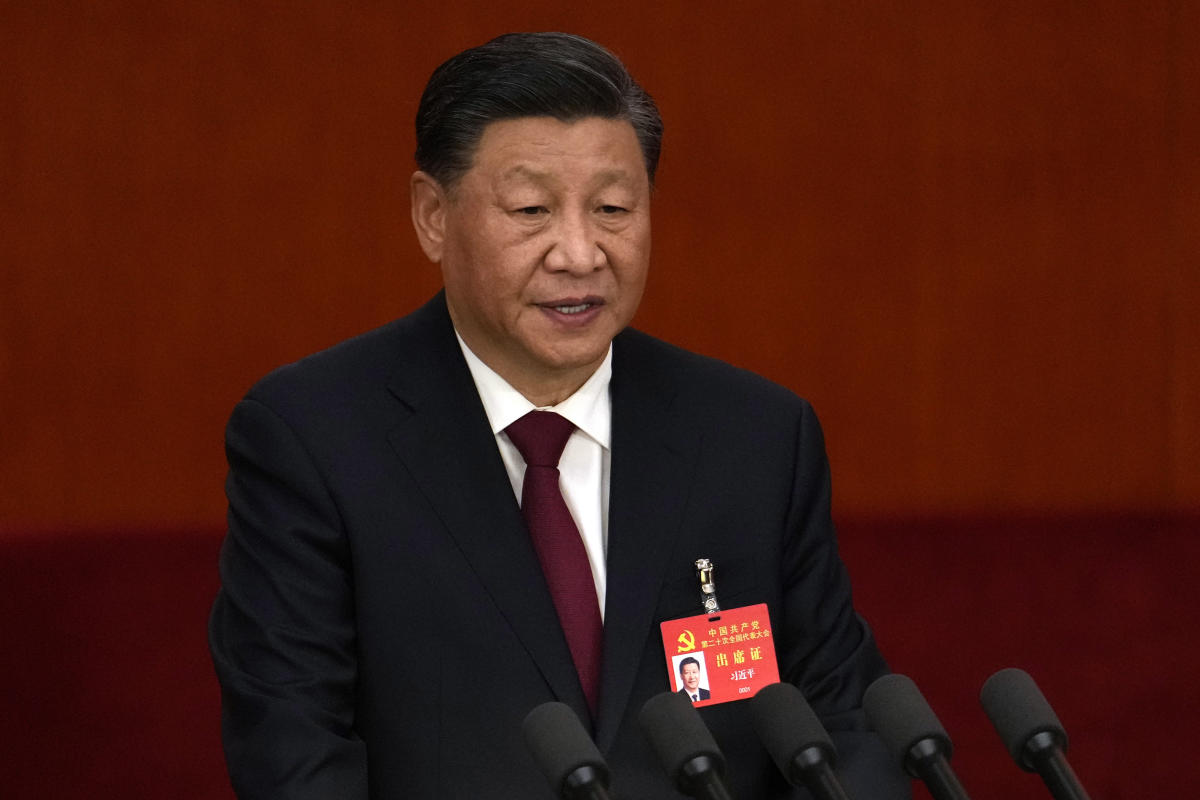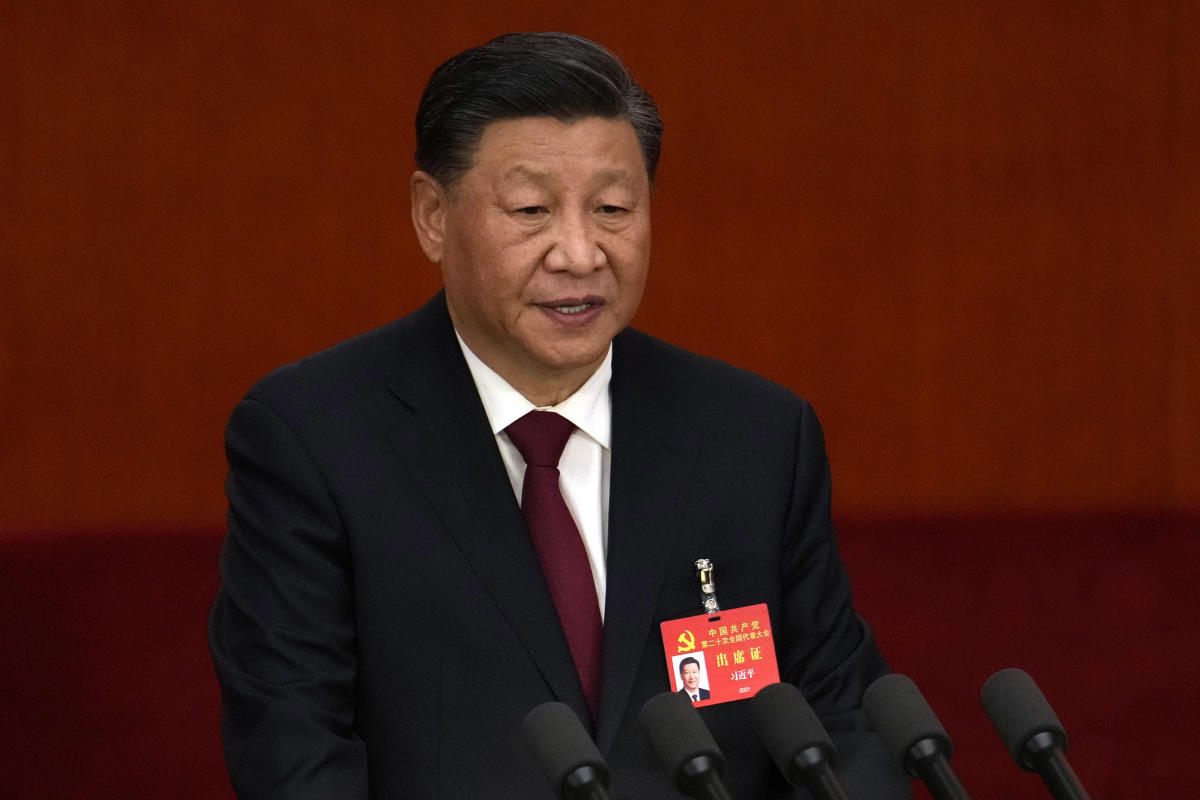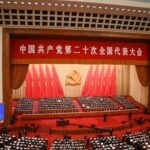
BEIJING (AP) — China opened a twice-a-decade Communist Party conference Sunday at the end of which leader Xi Jinping is expected to receive a third five-year term, breaking with recent precedent and establishing him as arguably the most powerful Chinese politician since Mao Zedong.
Xi was delivering a lengthy report at the opening in which he extolled the achievements of the past five years and said the party would strive to meet its modernization goals to achieve what it calls the “rejuvenation” of the nation.
“The rejuvenation of the Chinese nation is an irreversible, historical course,” he said to the more than 2,000 delegates attending the opening, held in the massive Great Hall of the People that overlooks Tiananmen Square in the center of Beijing.
With Xi expected to remain, little change is foreseen in China’s economic and foreign policies, as well as his intolerance of criticism and hardline approach to COVID-19 including quarantines and travel bans.
The weeklong congress is the 20th in the history of the century-old party, which has ruled China for more than 70 years. As with most Chinese political events, little information has been released beforehand and the outcome will only be announced next weekend, after days of closed-door sessions.
The congress will likely approve an amendment to its charter that could further elevate Xi’s status as leader.
The spokesperson for the congress, Sun Yeli, offered few details at a news conference Saturday about what changes would be enacted, He said they would “meet new requirements for advancing the party’s development and work in the face of new circumstances and new tasks.”
The previous congress in 2017 incorporated Xi’s ideology, known as Xi Jinping Thought, into the party constitution. The ideology is vague but emphasizes reviving the party’s mission as China’s political, economic, social and cultural leader and its central role in achieving national rejuvenation.
Xi, who has been leader for 10 years, has already amassed great power, placing himself in charge of domestic affairs, foreign policy, the military, the economy and most other key matters through party working groups that he leads.
The congress comes as China’s economy is facing major headwinds from a sharp slowdown in the real estate sector and the toll on tourism, shops and manufacturing from COVID-19 quarantines and other restrictions.




